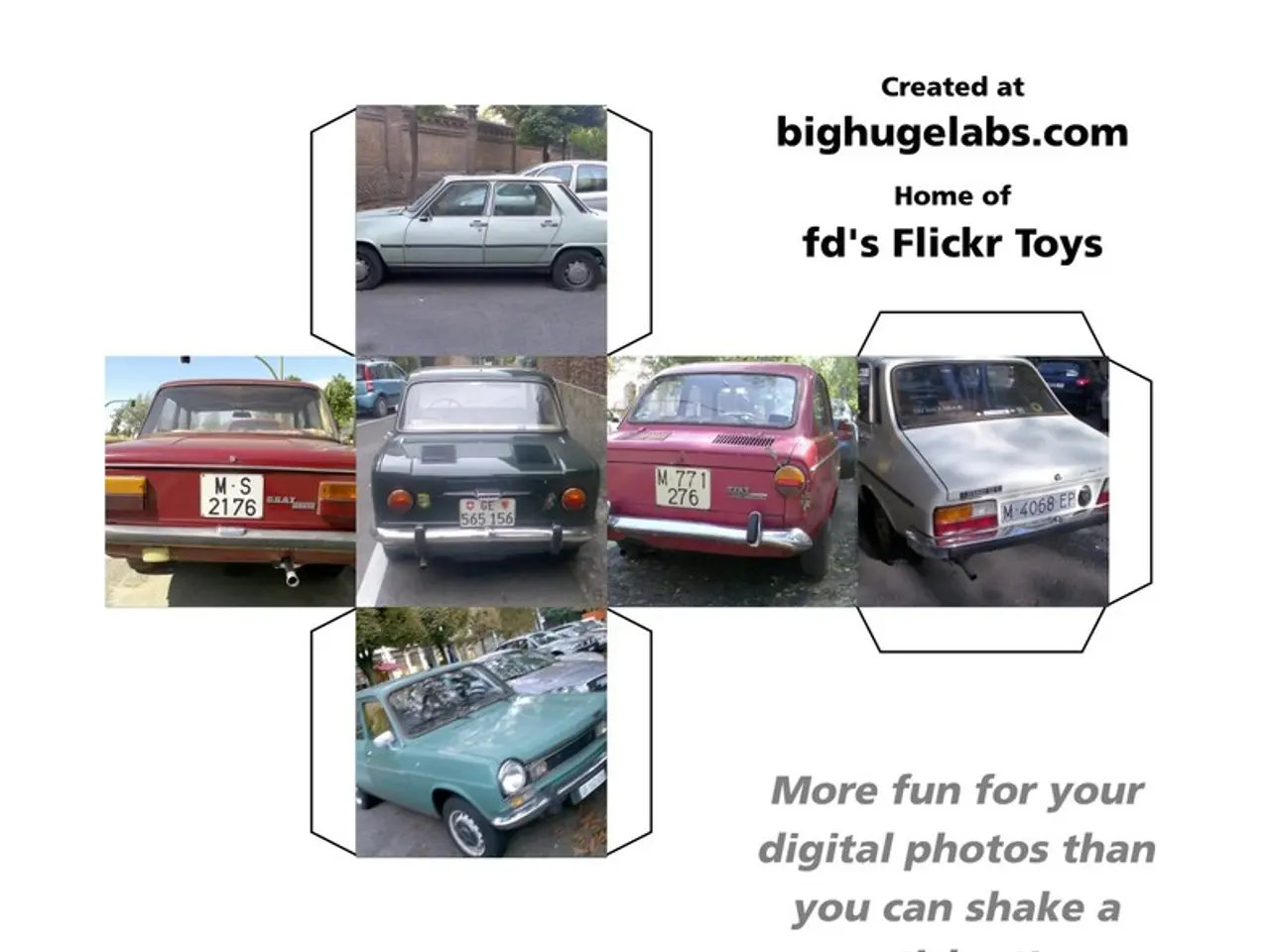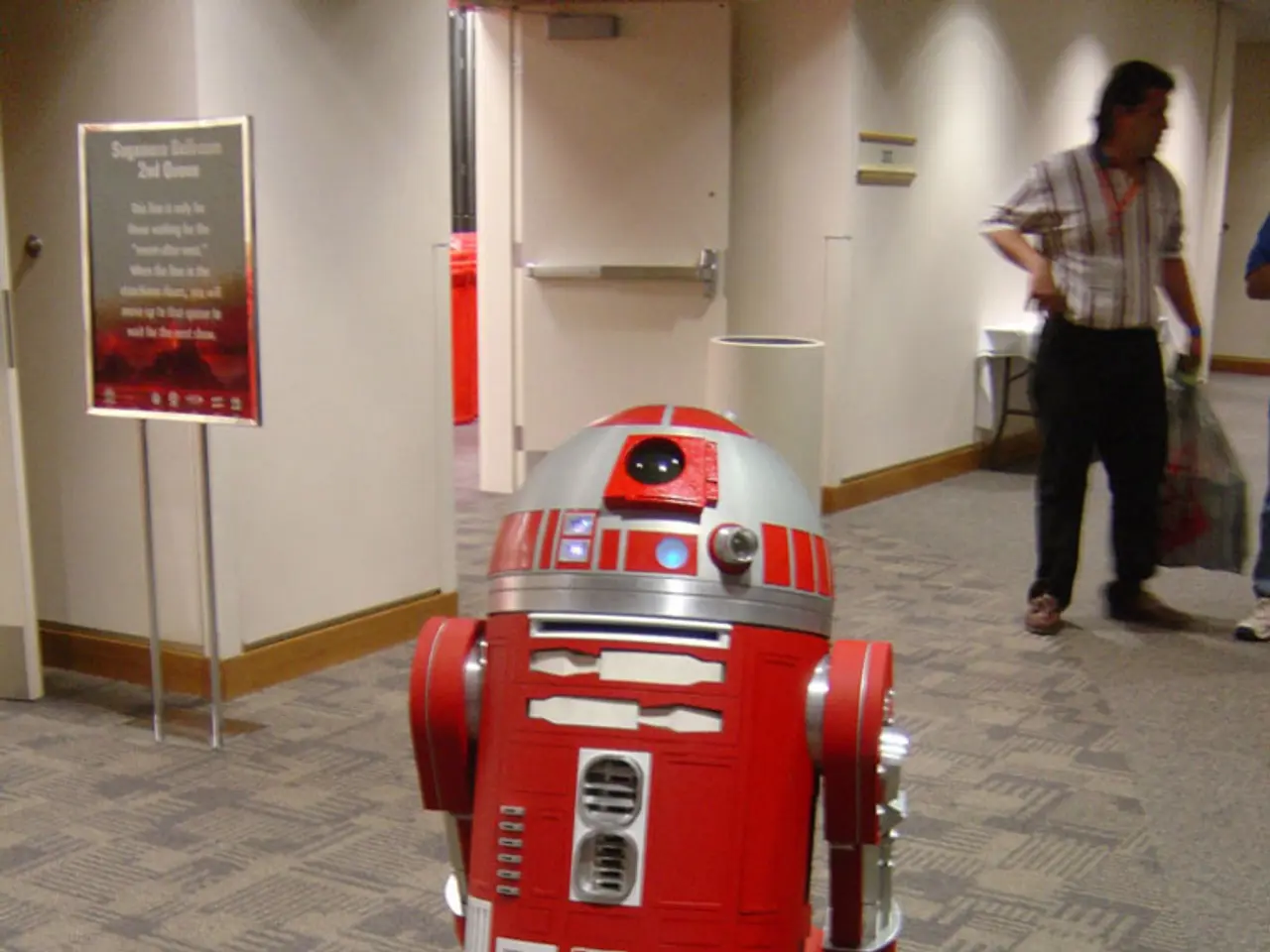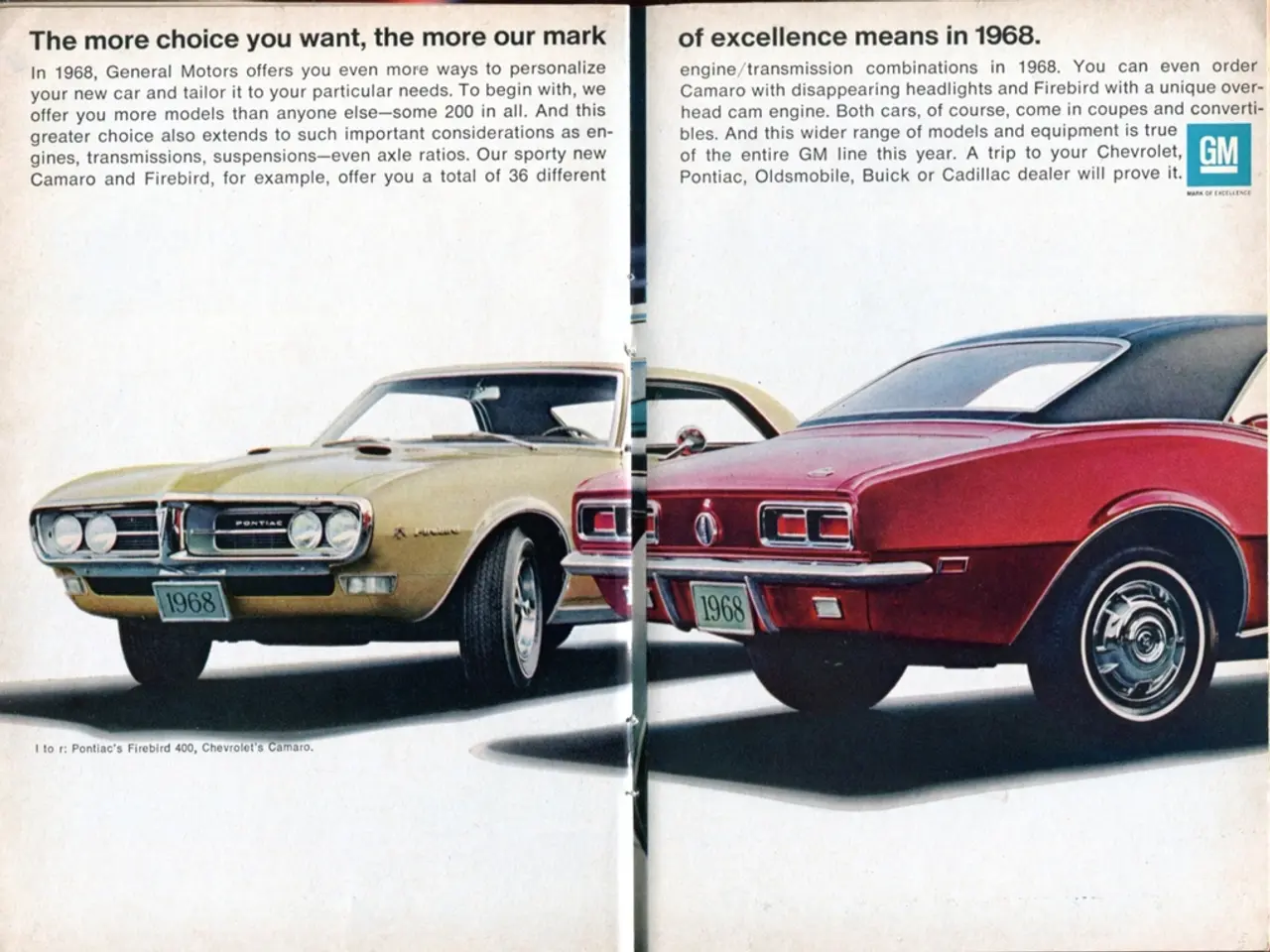Karma Automotive Joins Forces with ROADMEDIC, AI, COVESA, and UCR to Transform 9-1-1 Emergency Response Systems Using Advanced Technology
Karma Automotive, a leading manufacturer of ultra-luxury vehicles, is making waves in the automotive industry by partnering with ROADMEDIC.AI, the University of California Riverside, and COVESA to create new standards for Software-Defined Vehicle Architecture (SDVA). This groundbreaking initiative aims to enhance emergency response times and improve first-responder preparedness.
The heart of this project, the "9-1-1 Dispatcher Visibility Demonstration Project", is designed to empower 9-1-1 dispatchers with better tools to pinpoint exact locations of callers and assess the emergency context more accurately. By improving situational awareness for dispatchers, reducing emergency response times, and enhancing first-responder preparedness through advanced communication and real-time data sharing, the project seeks to revolutionize the emergency response system.
Karma's SDVA has been developed in collaboration with Intel Automotive. This technology integrates AI and cloud-based systems to empower responders with tailored, actionable information. The system bypasses traditional delays associated with telematics-based systems, transmitting critical data such as occupant biometrics, crash severity, and vehicle location directly to emergency communication centers. This direct transmission saves precious seconds compared to existing systems.
The initiative is currently being piloted using 3rd Generation Karma Revero sport sedans. The upcoming Karma Kaveya super-coupe will also incorporate this innovative technology, showcasing how Karma's forward-thinking philosophy is reshaping not only luxury but safety on the road.
At CES 2025, Karma will unveil its 2025 Karma Invictus, an ultra-exclusive vehicle underpinned by the Karma Cloud Services platform. This unveiling will take place at COVESA's Networking Reception at the Bellagio Hotel.
Lawrence E. Williams, CEO of ROADMEDIC.AI, described the project as a long-awaited milestone in emergency response system revolution. Marques McCammon, Karma's president, emphasized the importance of collaboration and standardization in the project. The results of the pilot will be shared with stakeholders, including the National Highway Traffic Safety Administration (NHTSA).
Every minute of delay in emergency medical response increases the odds of fatality by 2.6%, according to the National Institutes of Health. Karma Automotive's commitment to open standards and industry collaboration underscores its position as a leader in the next generation of automotive innovation. By setting a new standard for safety, sustainability, and connectivity, Karma is bridging the gap between vehicles and emergency services.
[1] FirstNet: www.firstnet.gov [4] COVESA: www.covesa.org
- The collaboration between Karma Automotive and ROADMEDIC.AI, aiming to revolutionize emergency response systems, is leveraging advancements in vehicle connectivity and telematics, particularly with the 9-1-1 Dispatcher Visibility Demonstration Project.
- In the automotive industry, Karma Automotive's partnership with Intel Automotive and COVESA is set to introduce Software-Defined Vehicle Architecture (SDVA), which integrates AI and cloud-based systems for enhanced emergency communication and real-time data sharing.
- By focusing on safety, sustainability, and connectivity, Karma Automotive's upcoming vehicles, such as the Karma Kaveya super-coupe and the 2025 Karma Invictus, are poised to reshape the automotive industry, bridging the gap between vehicles and emergency services, which could potentially save lives, reducing fatalities by minimizing emergency response times.




